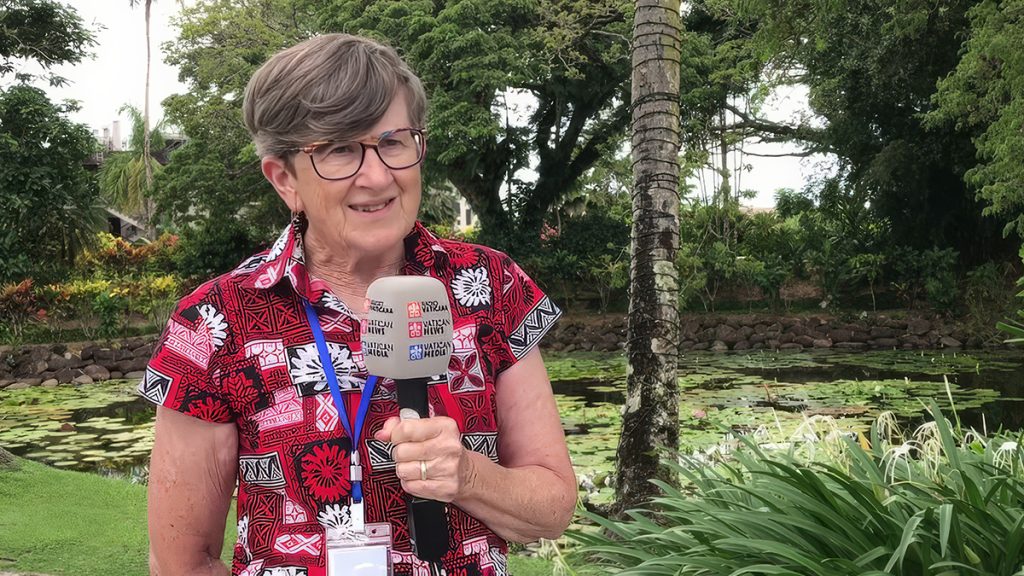After several years of teaching, I was asked to coordinate youth catechetics in the archdiocese.
The leader of my religious congregation agreed, but with one proviso: I first needed to undertake further study to equip myself for this new ministry properly.
I applied for and was accepted into the M.A. in Religious Education programme at the Catholic University of America. I was fortunate to be co-sponsored by my own congregation and the archdiocese.
Over the years, I have been blessed with mentors and colleagues who have encouraged and supported me. They accompanied me as I pursued further studies in sacramental theology and liturgy.
Contemporary faith-filled Church leaders
Today, diocesan chanceries and parishes continue to employ passionate, faith-filled leaders to serve the Church—as youth ministers, parish animators for evangelisation, and in more senior roles such as chancellors or directors of mission and education.
A cursory glance at current job advertisements for Church positions reveals a range of required skills.
Those working in communications are expected to have technological proficiency and relevant experience. Those supporting parish initiatives, mission, and evangelisation are generally expected to have a background in education.
However, tertiary qualifications in theology, scripture, ecclesiology or liturgy are usually absent from the list, or appear far down in the priorities.
They no longer seem to be essential.
The need for theological foundations
At a time when parishes are merging, dioceses restructuring, and priorities shifting, how can leaders facilitate change without a foundational understanding of ecclesiology?
How can animators foster faith and missionary outreach in parishes without knowledge of theology, scripture, and spirituality?
And how can liturgical celebrations be prepared at diocesan and parish levels without familiarity with sacramental and liturgical theology?
A lower bar for Church employees
In comparable secular professions, not only are tertiary qualifications required, but ongoing professional development is expected.
So why is a different standard applied to Church employees?
Immediately after Vatican II, with few or no opportunities in Australia, many of us were sponsored to study overseas—at considerable cost to dioceses and religious communities.
Today, when formation programmes are more accessible, they are no longer prioritised by Church authorities!
Mediocre liturgy and lost education
Meanwhile, the liturgical life of many parishes is, at best, mediocre.
The early enthusiasm for forming ministries has waned.
Liturgies are often prepared by well-meaning parishioners who make choices based on personal preference or the whim of the priest, rather than on the needs of the local assembly.
Diocesan events often reflect a similar lack of depth and professionalism.
Faith education is no longer offered at the diocesan level, and the high standards once expected of diocesan consultants and leaders are not always evident.
A renewed call to faith formation
One might ask:
- Why has formation for mission become restricted to seminarians?
- Where is the financial sponsorship for ongoing formation for all?
- Who is mentoring young people to equip them for mission?
Bishops must once again make formation in faith a priority.

- Carmel Pilcher RSJ, PhD is a Liturgy and Culture Consultant and Educator, Darug and Gundungura country.
- Flashes of Insight is an international publication. The editorial policy is that spelling reflects the country of origin.

